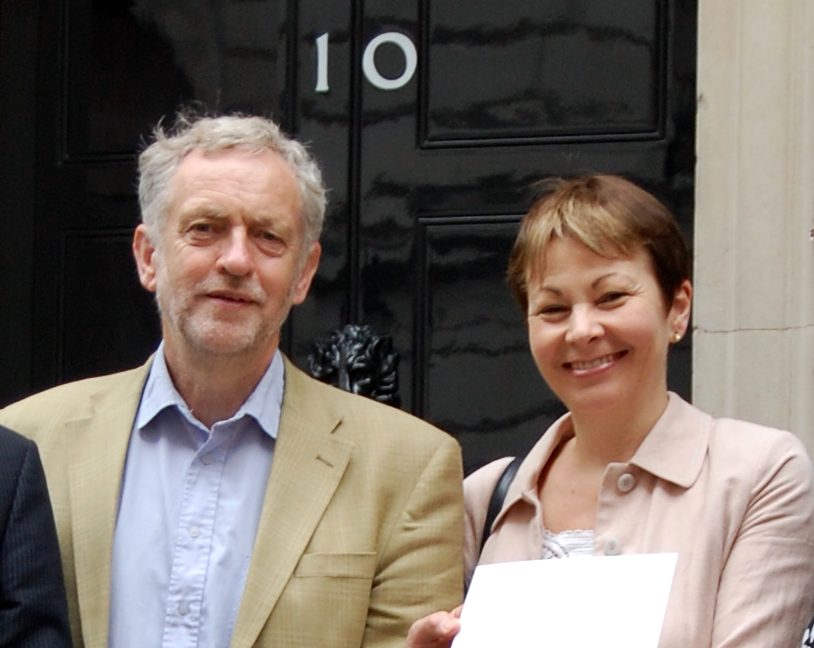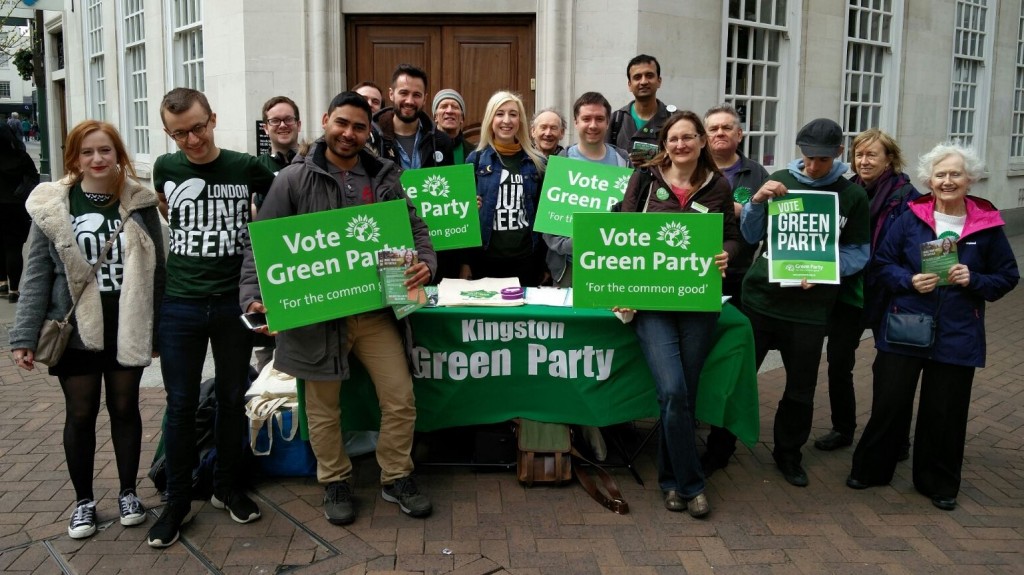Cameron's re-de-toxofication campaign is in full swing
From the moment he declared he would stand for Tory leader, Cameron’s strategy was clear. He pulled up a white flag in the culture war so he could pull out his pistol in the class war. He hugged hoodies and huskies so he could end the NHS; pushed all women short lists so he could slash women’s services. It wasn’t a bad plan: For a while, he just about managed to make-over the Tory brand. It’s a deal worth making for a rabid neoliberal who will tolerate LGBT people so long as they aren’t poor.
This strategy hasn’t changed. Back in March, ConservativeHome reported on a presentation from Cameron’s closest advisers to Tory MPs outlining how they planned to win the 2015 General Election. It is important reading for us all.
Apparently there is no discussion in Downing Street of how Cameron failed to win in 2010: “One source told me it’s like mentioning Heather Mills to Paul McCartney” says Tim Montgomery “The strategy that the Conservatives have, therefore, is one that is most noticeable for its continuity rather than its differences.”
A few other titbits:
“There is more emphasis on chasing the votes of the metropolitan rather than the striving class.”
“the new voters most open to voting Conservative in target seats are disproportionately under 35, unmarried, above-average-income and from a BME background.”
“Overcome sense that Conservatives lack empathy.”
“Tory Associations will be encouraged to stealthily “lovebomb” rather than loudly attack Liberal Democrats.”
There is a simple way to look at this strategy. David Cameron is trying to re-align British politics so it correlates even more closely to class. There has always been a decent chunk of richer than average people who will never vote Tory because of their social policies – urban middle class liberals. When they say ‘more emphasis on the metropolitan rather than the striving class’, this is who they are talking about.
In other European countries, these people would vote for the right wing liberal parties – like Germany’s FDP. In Britain, historically, they have voted Lib Dem. And Cameron’s plan, it seems, is to ‘lovebomb’ them…
What is unspoken in the ConHome article (perhaps because it is such screaming mood music in British politics now that you can’t miss it), is one thing: though Cameron’s strategy hasn’t changed, the context has. The Lib Dems are in freefall. And though their right wing voters are less likely to leave them because of the coalition, their activists have gone. This young, urban audience changes its party every time it moves house, and often, that’s annually. Without their famous “winning here” machine to pile the “Focus” leaflets on each new doormat, the Lib Dems will lose. And the other parties are, like bickering jackals, tearing this carrion apart.
The aim, therefore, is to find ways to clean up the Tory brand for this group: people who don’t mind tax cuts for the rich, but do mind homophobia, who like French wine and cheese, but not their trade unions. And, if the word isn’t too clumsy, this re-de-toxification strategy seems to have been continuing in earnest.
There are a few obvious strands:
- Many were miffed as to why David Cameron pushed for equal marriage legislation. It is always confusing when a Tory does something right. But this was a totemic moment for this strategy. As leader of the opposition, Dave’s only power was his press stunts. Now, he’s got a Parliament to play with.
- Last week, Bright Green published a story about the minutes of a set of meetings between the Department for International Development and the major aid agencies in the run up to their new “If” campaign. They showed the government and NGOs agreeing a large campaign around hunger in the build up to this summer’s G8 – effectively a Make Poverty History 2. The piece says:
“Repeated references to a ‘big moment’ or a ‘gold moment’ throughout the memos show how, from the start, the campaign has been planning with DfID to create a pro-government splash in the immediate run-up to the G8 summit.”
To me, this is an interesting one: raising international aid to 0.7% of GDP – a key demand of this campaign – isn’t vastly popular. However, as with climate change when Cameron went to the arctic, the point isn’t that people support him on the specific. The point is that it punctures the image that he is a heartless Tory – as is key to their strategy of winning well meaning middle class liberals.
- One thing which has struck me as odd recently is Cameron’s personal willingness to talk about the Government’s Green Deal. Most policies on that scale – especially when they are a bit of a flop – are left for the relevant minister. By talking about it himself, he made it – and its failure – news. I can only think of one sensible reason for him to do this: that he wants people to associate him with caring about the planet.
As important as what they talk about is what Cameron doesn’t talk about much – or, at least, as much as his predecessors as Conservative leader.
- Cameron has only given one speech on crime since moving into Downing Street – and he used it to call for a rehabilitation revolution.
- Until last month, he managed to steer well clear of the EU – an issue which divides the coalition he is trying to pull together (and is a clear cultural issue for his urban liberal audience). The result was impressive: Google Trends shows that people are half as likely to search for the words “European Union” as they were when he became Tory leader.
But the strategy hit up against a buffer. It is built on an assumption: that those who are rich and socially conservative would stick with the Tories as they had nowhere else to go. Cameron could move to the centre on social issues because the Telegraph and Mail readers would stick with him whatever.
And now, that’s not true. The rise of Ukip has made this triangulation near impossible. As soon as they are a viable alternative for the more conservative Conservative voters, then Tories have to fight once more for the support of those they could once rely on. And that contradicts precisely with this strategy.
Because of this, Ukip have achieved in the few months since they started to rise through the polls what the Tory right has failed to achieve in a generation. Cameron was forced to back calls for a referendum on Europe. A majority of his MPs had a good excuse to vote against equal marriage proposals they never liked. For all of his strategising, the party has been forced to defend its conservative base, not open up to the liberals.
For the left, there are two key lessons:
first, we can, with Cameron as PM, win victories – particularly if they are symbolic victories – on social policy, or on areas which don’t involve a significant change in economic policy. But if we do then we risk helping him.
The second is that UKIP have been more effective in pulling the Tories onto their turf from outside the party than the Tory right have been from inside. If we wish to do the same to Labour, then, the logic goes, we are better outside Labour.



Excellent excited synthetic vision just for detail and may
foresee troubles before they occur.
Here is my homepage :: SEO收費